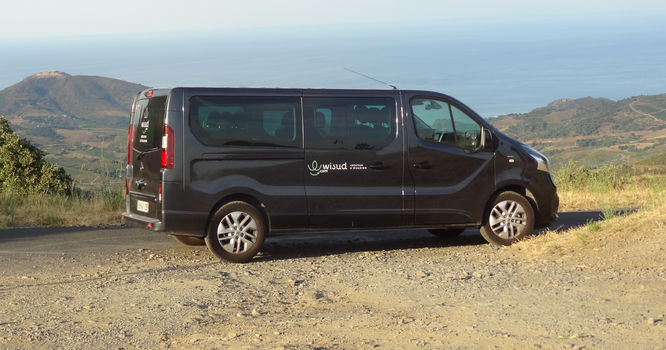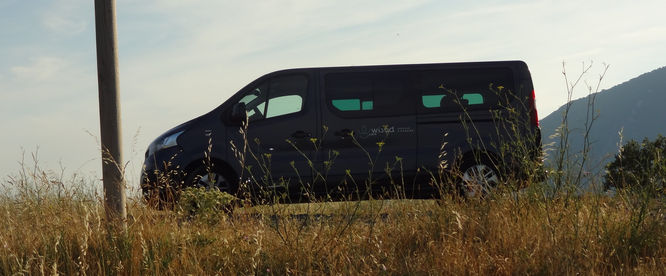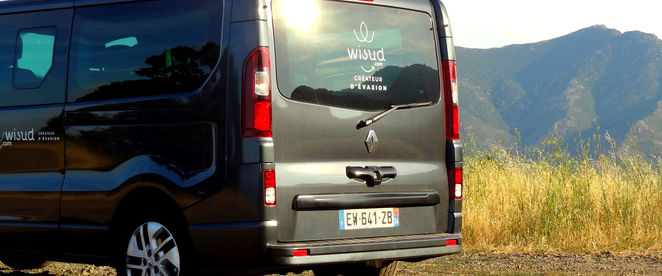How to transport people in France

Why become Capable?
That's a good question?
I created WISUD in 2018, a local travel agency in order to make people discover my region, i.e. Occitania. I specialized in nature activities and discovery of the landscapes and heritage of the region.
And so, in a concern of independence and comfort for the participants, I very quickly opted for the choice to acquire a 9-seater minibus. My initial wish was to offer sightseeing tours and to be able to transport the travellers to their accommodation or place of activity.
Yes, but here's how to do it legally?
After contacts with numerous interlocutors, I was advised to become a passenger transport company in order to provide transport services for a fee.
Otherwise my transport services would have to remain free of charge. And I could not do pure transport, i.e. transporting people from point A to point B.

Setting up his transport company?
So I went back to school to get a professional certificate for transporting people with less than 9 seats. (For information, the same thing exists for the transport of goods).
And so, in order to be able to practise, you have to follow this training for a month and pass an exam.
Thereafter, you must register in the transport register and be authorised to practise by the DREAL.
A clean record and a capital per vehicle will be necessary.
The most difficult thing is to find a civil liability and an insurer for the vehicle (transport for payment).
Be careful also with the delays of the various procedures, it can be rather long

Vehicle acquisition
VTC, Taxi, Capacity, what's the difference?
To put it simply, there are 3 main categories in passenger transportation:
Taxis, VTC and passenger transport (also called capacity).
The taxis:
they can take 1 or more passengers on the street without a reservation, contrary to VTC and capacitors. They must have a licence and they can only use one vehicle. They usually concentrate on short distances around railway stations and airports.
VTC:
they can carry 1 or more passengers but a reservation is mandatory. They can use UBER type platforms. They are limited in their choice of vehicle and can only own one vehicle like taxis.
The capacities:
they can only carry groups of people, i.e. at least 2 people, and as with VTC, reservation is compulsory. They can no longer use platforms like UBER and they have some constraints in large conurbations.
On the other hand, they are not limited on the choice of the type of vehicle, nor on the number of vehicles. A transport company can acquire a fleet of vehicles. Another advantage is that drivers do not need a licence, the B permit is sufficient as long as the company has a transport manager.
Another advantage is that they can use the bus lanes when they are in charge or in reservation.

1- Shuttles: service allowing to transport the travellers generally from a station or airport to their place of residence.
Be careful, in large agglomerations, the point of departure or arrival must be located outside the agglomeration. If this is not the case, the trips are reserved for taxis.
2- Professional transport: business meetings, training courses, seminars...
3- Event transport: weddings, birthdays, evjf, evjg...
4- Tourist circuits to discover the region
5- Private transport or leisure: concerts, activities, sports events...
6- Transport for itinerant stays: hiking or mountain bike crossings.









